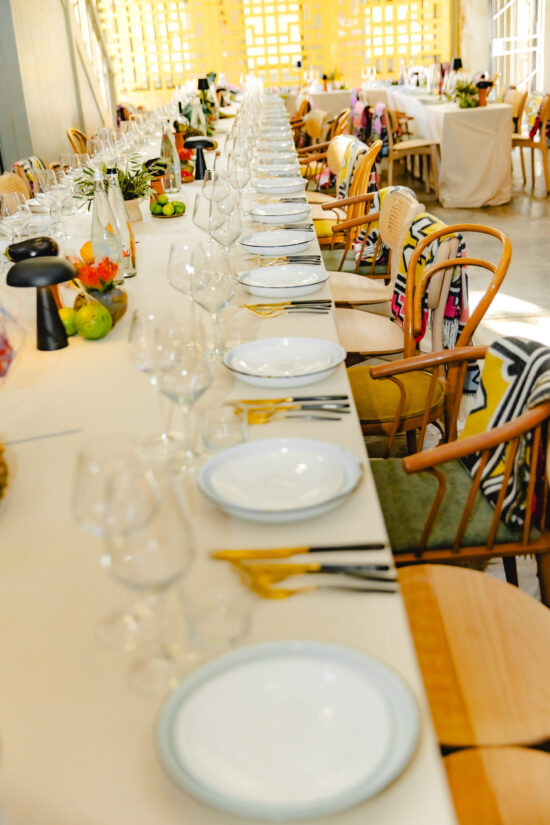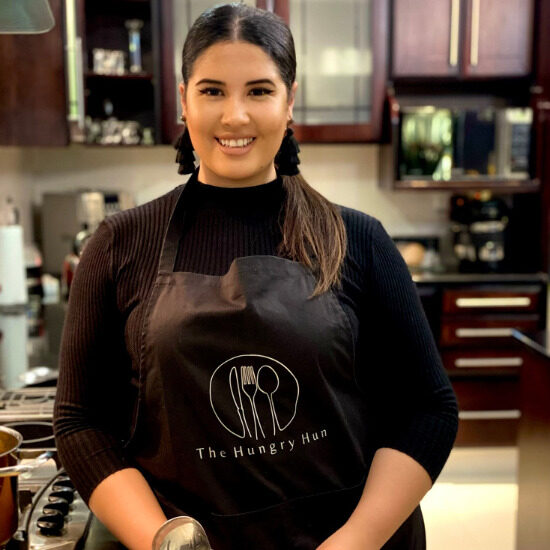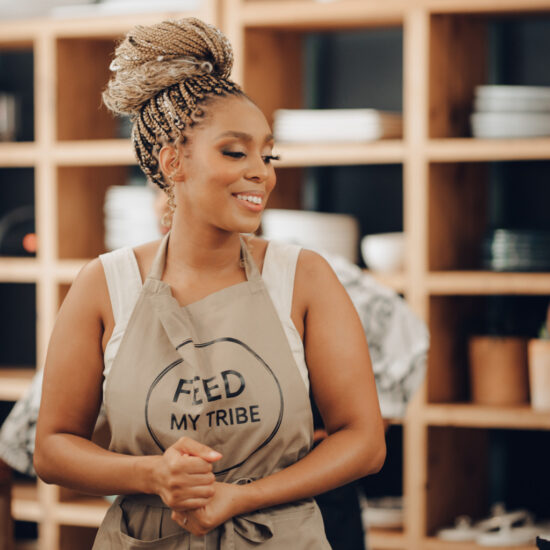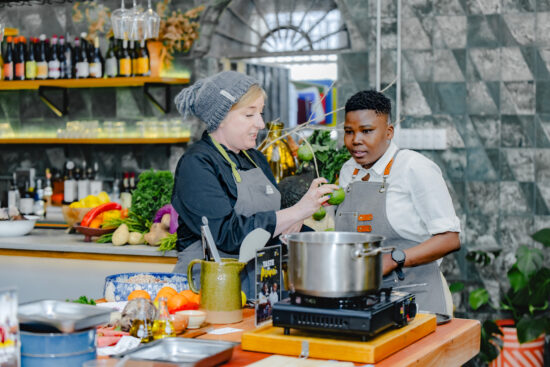
Your Perfect Braai Essentials
- 6 min read

Picture this: You come home after a long day at work, feeling tired but craving a delicious homemade meal. You enter your kitchen, and with a few taps on your smartphone, you activate your smart oven to preheat to the perfect temperature.
You use a meal planning app to quickly select a recipe based on the ingredients you have in your smart indoor garden. The app guides you through the cooking process, adjusting cooking times and temperatures based on real-time feedback from your smart cookware.
Within minutes, you have a gourmet dinner ready to be served.
Sounds like a scene from a sci-fi movie? Well, not anymore! This technology is already here.
Read on to learn how technology is changing the way we grow, prepare, and consume food, from the use of smart kitchen appliances to food delivery apps, meal planning apps, and other innovations in the food industry.
Today, growing food in the comfort of your own home has become more accessible and convenient, thanks to various technological innovations:
These compact systems use hydroponic or aeroponic methods to grow herbs, vegetables, and fruits without soil.
With features such as LED grow lights, automated watering and nutrient delivery systems, and climate control, smart indoor gardens allow you to grow fresh produce year-round with limited space and gardening skills..
Brands like AeroGarden, Click & Grow, and Farmshelf offer smart indoor garden systems that cater to different needs and preferences.
Vertical farming
Vertical farms use vertical space to grow crops in stacked layers, using artificial lighting, hydroponics, and automation to optimize space and resources.
This method allows for higher yields with a smaller footprint, making it ideal for urban environments with limited space.
Vertical farming systems like those offered by Lettuce Grow and Tower Garden are gaining popularity among home gardeners who want to make the most of their available space while reducing their carbon footprint.
Smart kitchen appliances
From smart ovens and refrigerators to cookers, smart appliances are equipped with internet connectivity, automation, and AI capabilities.
They offer features such as meal planning, recipe suggestions, and food waste reduction.
These technologies are changing the way we cook, store, and manage our food, making our culinary experience more convenient, efficient, and enjoyable.
7 top smart kitchen appliances that are on my watchlist this year
Smart appliances cut down on your cooking time and make entertaining a breeze.
Food-tech startups
New startups are transforming the way we eat. Lab-grown meat is one such innovation that aims to provide a sustainable and ethical alternative to traditional animal rearing.
Companies like Memphis Meats and JUST are pioneering the development of cultured meat, grown from animal cells in a lab without the need for animal slaughter.
This technology has the potential to transform the way we produce meat, reducing the environmental impact of livestock farming and addressing ethical concerns around animal welfare.
Plant-based alternatives, such as those created by Beyond Meat and Impossible Foods, are gaining momentum as sustainable and ethical options that deliver the taste and texture of meat, without using animal products.
Personalized nutrition, another area of food tech innovation led by companies like Habit and Nutrino, analyzes genetic makeup, lifestyle, and health data to provide tailored nutrition recommendations.
This approach has the potential to revolutionize our approach to nutrition by optimizing our health and tailoring our diets to our unique needs.
Some of the problems these businesses need to solve to make a big difference in the food industry are regulations, consumer acceptance, scalability, and cost-effectiveness. Concerns about the increase of power and ownership in the food tech space and possible effects on traditional farming practices and ways of making a living are also important things to think about.
Balancing convenience and taste
Tech is shaping how we eat.
From smart ovens that can be controlled remotely to smart blenders with pre-set blending programs, these gadgets promise to make our lives easier.
I sometimes worry that these high-tech gadgets may change how my food tastes. Flavour is important to me, and I’m not willing to compromise on taste or quality.
I recently used a smart sous-vide machine that promised precise temperature control and perfect results every time. However, the final flavours were not as nuanced and complex as I usually get from slow cooking methods.
On the flip side, a smart food processor with multiple blade options and preset programs has saved me time and effort when chopping and blending ingredients. This allows me to focus on other aspects of my cooking.
Tech is opening up new possibilities and enhancing our culinary experiences, and I can’t wait to see what awaits.
I’d love to hear from others about their experiences with smart kitchen appliances, whether positive or negative, and what their thoughts are on the intersection of food and technology. Especially from individuals in the age demographic of 21-50 who are health-conscious, urban, and passionate about food and cooking.
Share you thoughts with @theperfectservemag and @goodfoodstudioza
In health, happiness, and good business,

Chef Lee
















